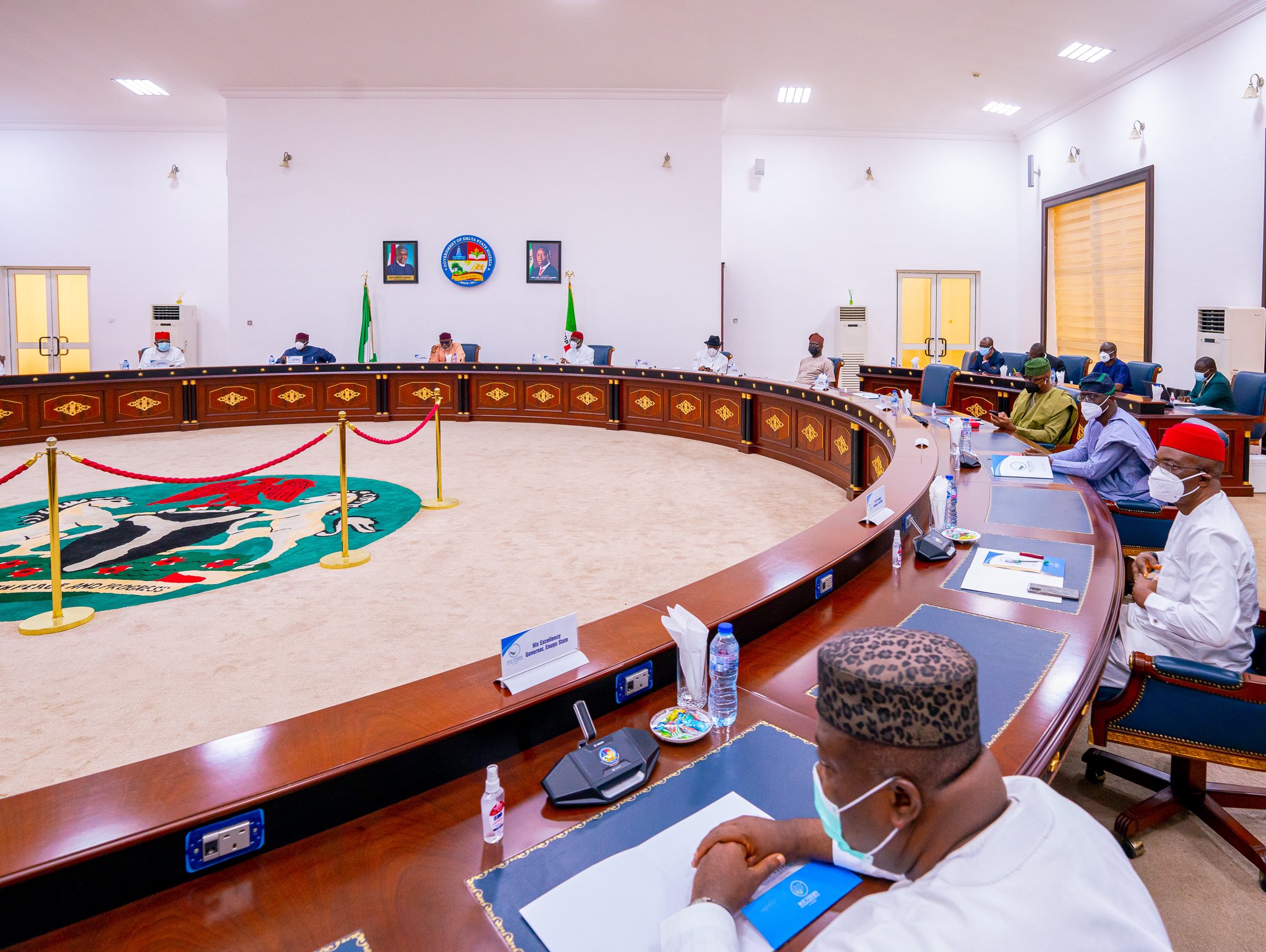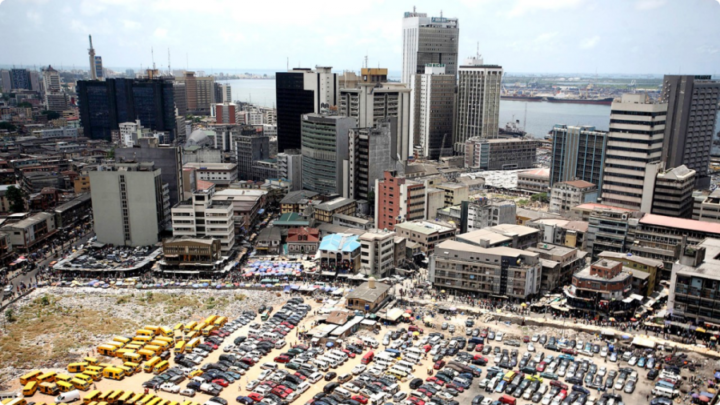Whereas the classical definition of democracy in rough and ready use is “Government of the people, for the people and by the people’’, for all practical purposes in our own experience in Nigeria we might as well defined it as ‘’Government of the Governors, for the Governors and by the Governors’’.
This much has come to view against the immediate background of recent high profile meetings held by the Southern Governors Forum in Asaba the Delta state capital in which several issues like open grazing and restructuring of the country were discussed and decided, and the Nigerian Governors Forum where the Governors gratuitously decided without consultations with other stakeholders, the price at which petrol should sell in the country.
Last time I checked, Nigerian Governors have up to eleven different forums dedicated ostensibly to pursue governance and public affairs issues but which in actual fact are solely to achieve their own personal and collective aims. These are; the Nigeria Governors Forum, Northern Governors Forum, Southern Governors Forum, North west Governors Forum, North East Governors Forum, North Central Governors Forum, South west Governors Forum, South East Governors Forum, South South Governors Forum, Progressive Governors Forum, and PDP Governors Forum. I am reliably told that a Forum for Ex-Governors will soon come on fore to add to the mix.
Has Nigeria realised good value from all these forums? To be a Governor in Nigeria under our democratic dispensation is to possess a class A ticket to the exhilarating world of power, wealth, influence, immunity and impunity. I differentiate governorship under democracy from that of the military because under the latter a state governor is still under the rank and command structure of the military hierarchy. A military governor is beholden to the chain of command from the nearest GOC to the Chief of Staff Supreme Headquarters. And he can be removed unceremoniously.
Advertisement
But under our democratic dispensation, governors account to no one. They are not just executive governors in their states; they also control the party there and collectively at the national level bending it to their will. The aforementioned forums symbolises the exponential growth of the power of governors as our democracy progresses. The forums act as veritable trade union and lobby group to negotiate and pursue the exclusive interests of governors in the power loop in the country. Of the four persons that have ruled this country since the advent of the present democratic dispensation from 1999 to date two of them; Presidents Umaru Yar’adua and Goodluck Jonathan were former governors. In the 22 years since, former governors now make up over one-third of the Senate and a good many are in the Federal Executive Council as Ministers. From all indications governors are poised to expand the scope of their influence in the coming years.
But it is in the area of governance that we are able to discern properly the negative role and influence of governors in our democracy.
The Constitution which is the ground norm of the laws of this country allows and recognises the place of state Governors as an affirmation of the principle of power separation and devolution. In recognition of this the constitution replicates the same power structure at the federal level with the executive, legislative and judicial arms of government at the state level. The intention and implication is to further expand the scope of democratic inclusion and participation throughout the country.
By our experience however, it is only at the federal level that the principles and intendments of the constitution are applied. We often hear and read comments that the present National Assembly and Judiciary is a rubber stamp of the Executive arm of government. It may well be so, but even at that there are instances where both the National Assembly and the Judiciary have asserted their constitutional rights and roles in the democratic process. But in virtually all the states of the federation, the state assemblies and judiciaries have been emasculated by the governors. Worse of all state governors have subsumed the constitutionally recognised third tier of government, the Local government councils as appendages of the state ministries of Local government.
Advertisement
Also at the federal level for instance President Buhari can never contemplate owing workers’ salaries and emoluments when due. But as I write in many states around the country workers in both the state and local governments are owed several months of salaries and pensions without any hope of full redemption. Most state governors hardly stay in their state capitals to effectively govern their states.
State governors as virtual emperors and dictators determine not just who gets appointed as Commissioners, but also who to nominate as Ministers and who gets appointed as Local government chairman. Governors also decide who gets nominated into state assemblies, House of Representatives and Senate. In addition any elected member from the state who runs afoul of his state governor stands the chance of being politically ostracised and economically disempowered.
Yet with all this disproportionate power exercised by governors, they have proven ineffective for the most part in tackling the scourge of insecurity and criminality ravaging the country. Governors have also not been able to raise the people out of poverty and improve their living conditions.
In our structure and diversity States is the tier of government where the impact of governance is expected to be felt most positively. But governors are content to deflect attention to the President at the federal level who they blame for most of the responsibilities they are constitutionally expected to shoulder but in which they have failed. Incongruously as they have continued to abdicate and fail in their constitutional responsibilities, state governors are inversely asking for more powers and funding which can only be to pursue their personal and collective interests not that of the people they are supposed to serve.
As the debate on restructuring the country gains more traction, the issue of what role and responsibility should be further allowed state governors in our democratic dispensation in the light of our experience should feature very prominently. Many have come to the opinion and conclusion that states having become duplicative and unnecessary cost centres and with governors abdicating their constitutional responsibilities and instead dangerously competing to weaken and supplant the presidential system of government which we practice, should either be reformed or scrapped altogether in favour of a two tier system of government comprising only the federal and local governments.
Advertisement
Views expressed by contributors are strictly personal and not of TheCable.
Add a comment







